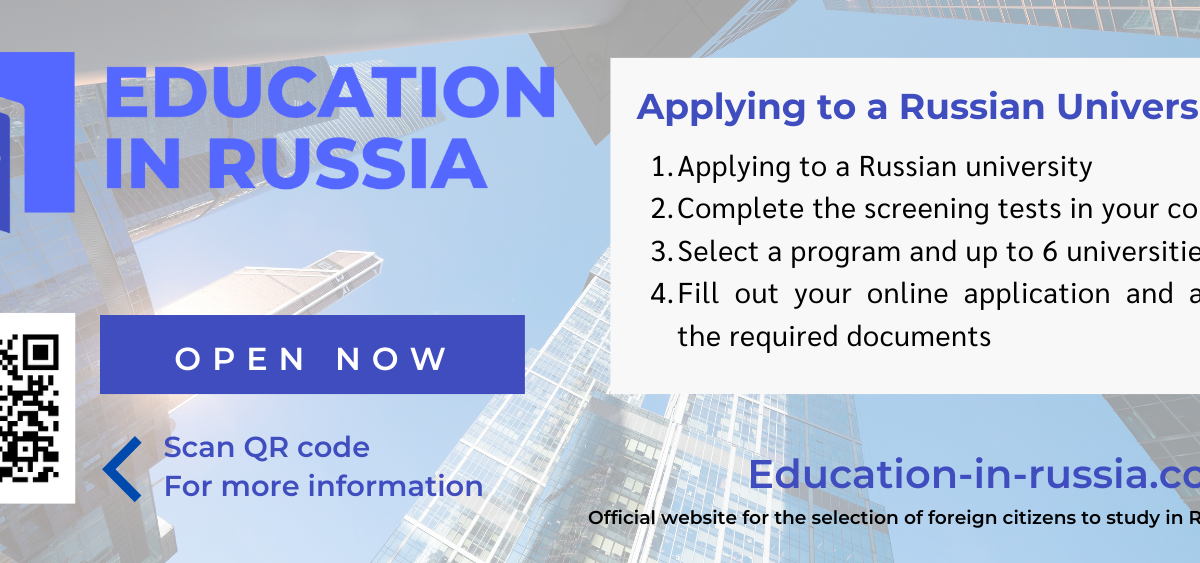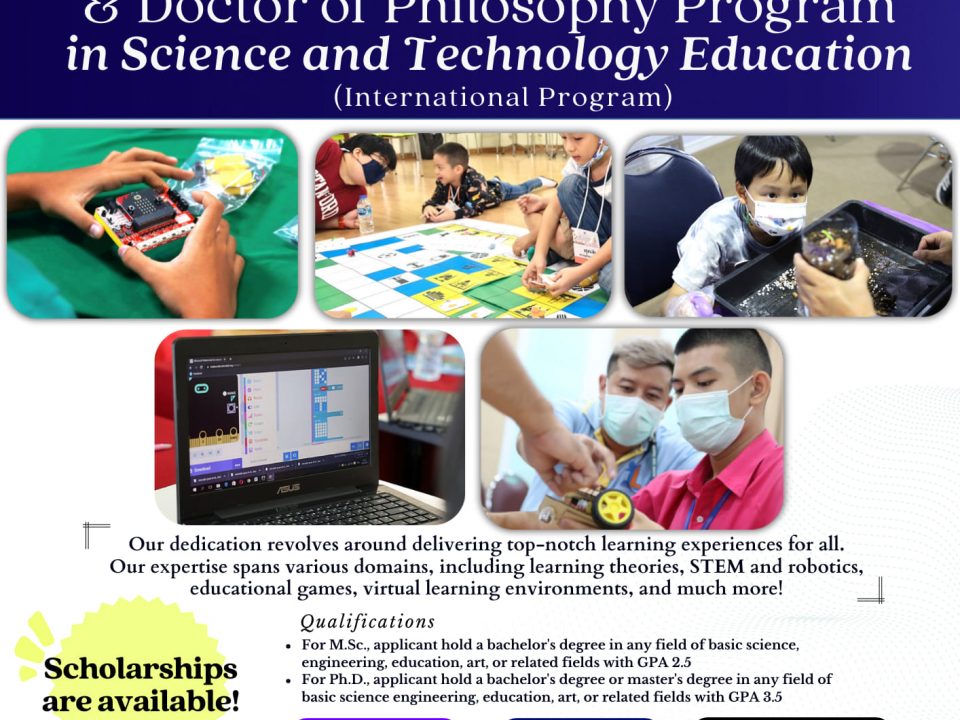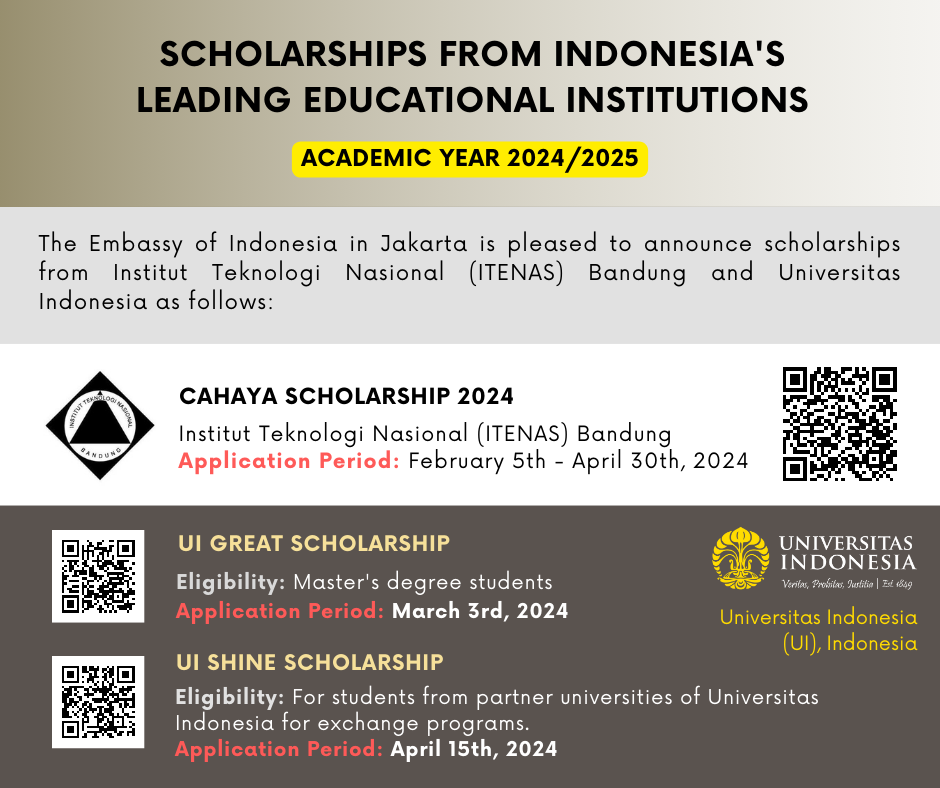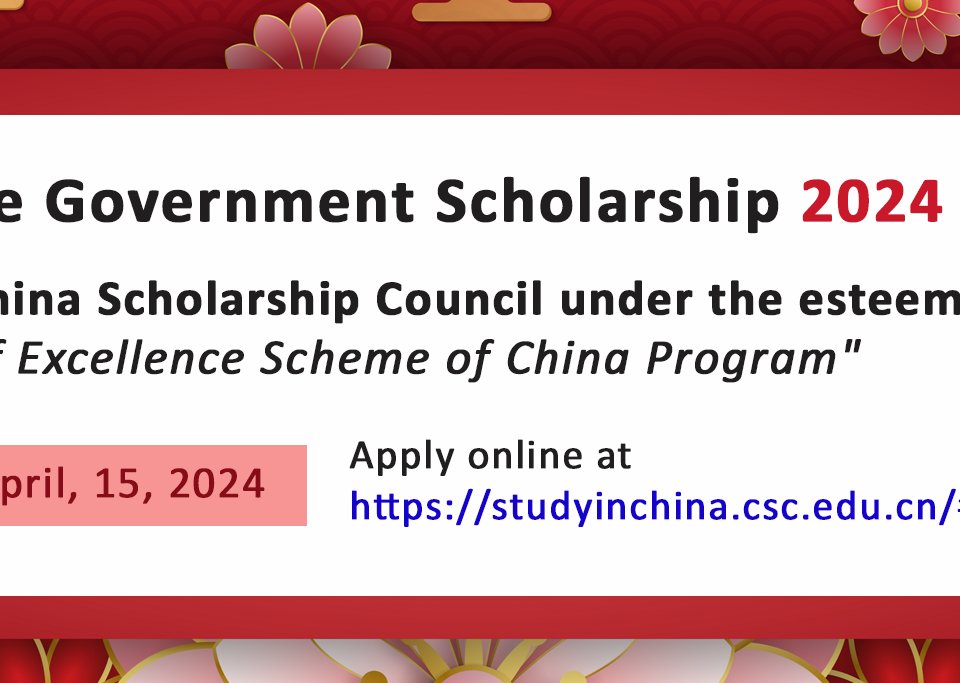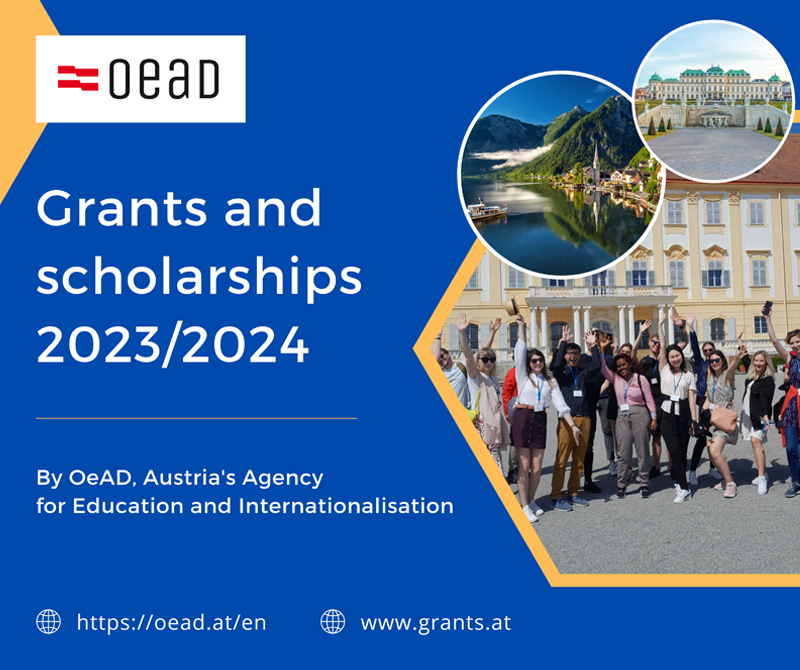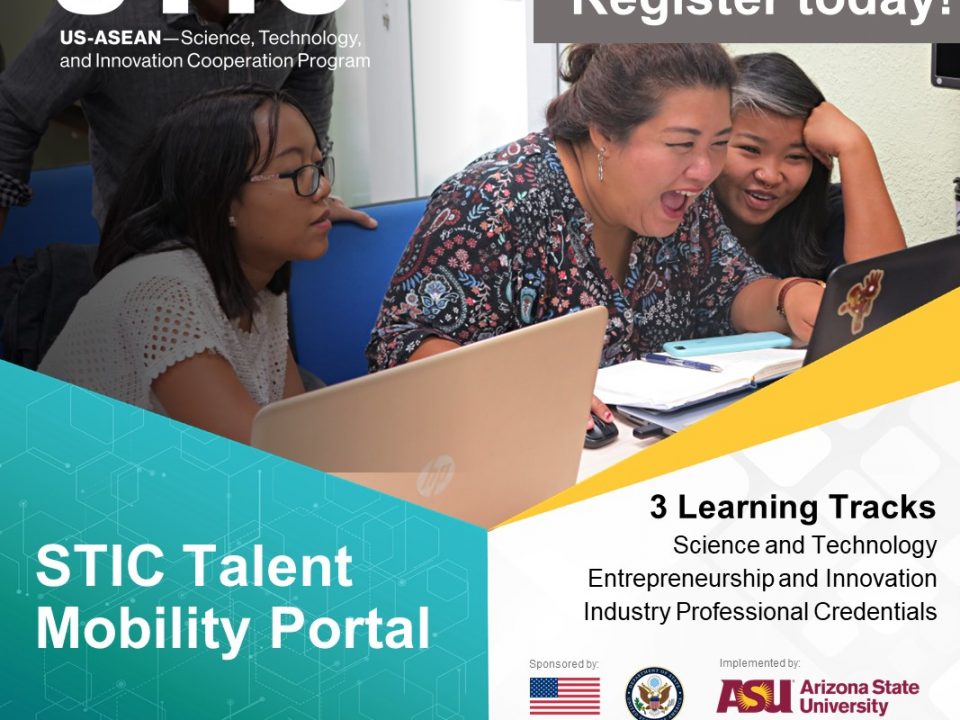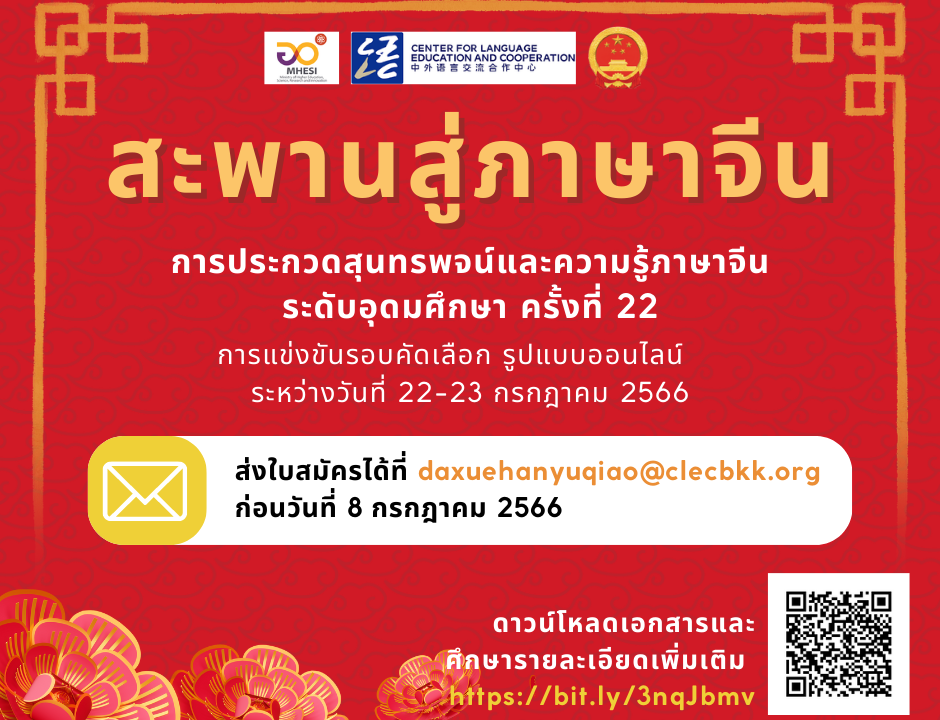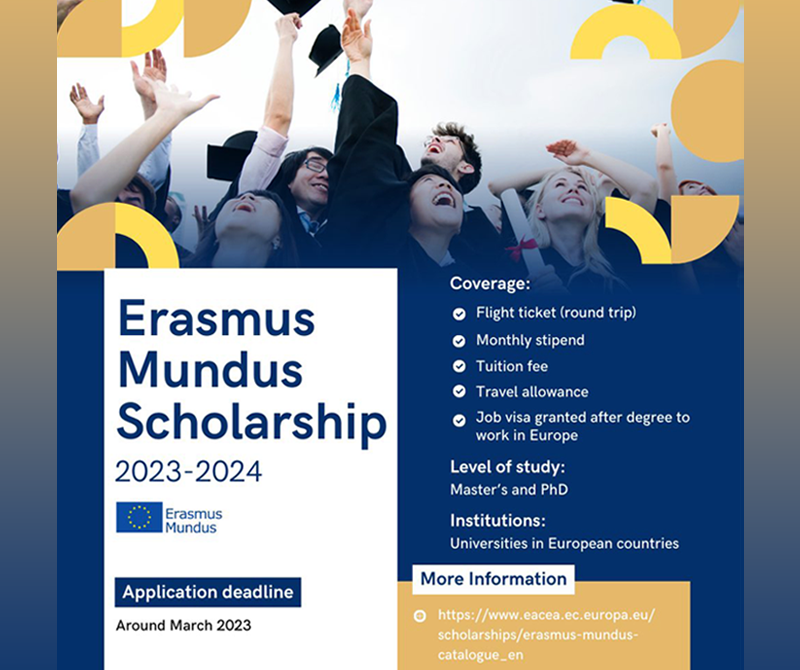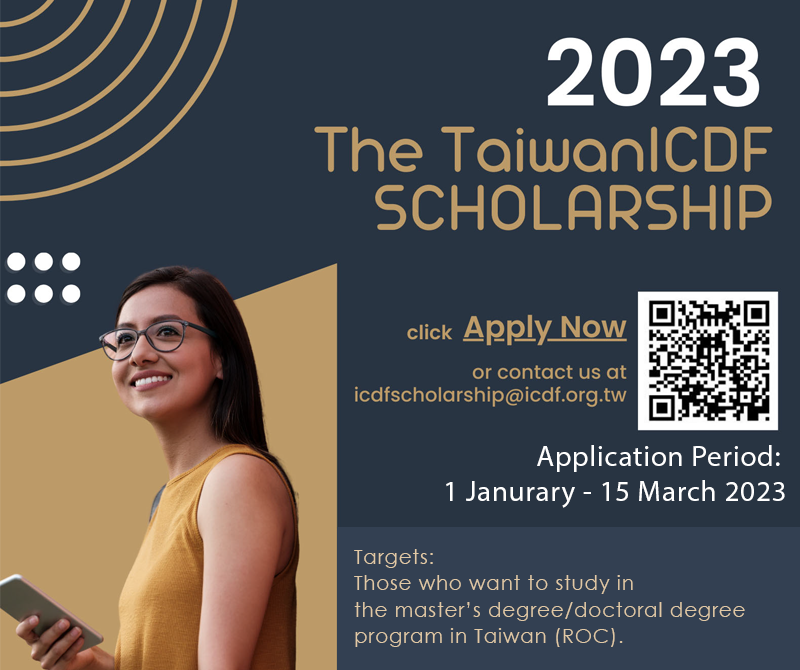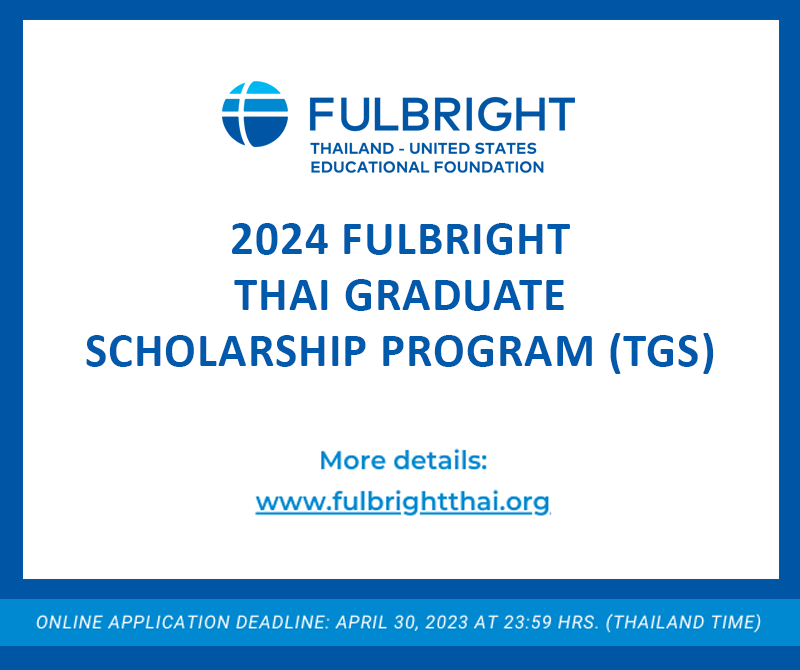
The Science, Technology, and Innovation Cooperation (STIC) Program 2023
25/05/2023
Erasmus+ Scholarship | Year 2024-2025
13/12/2023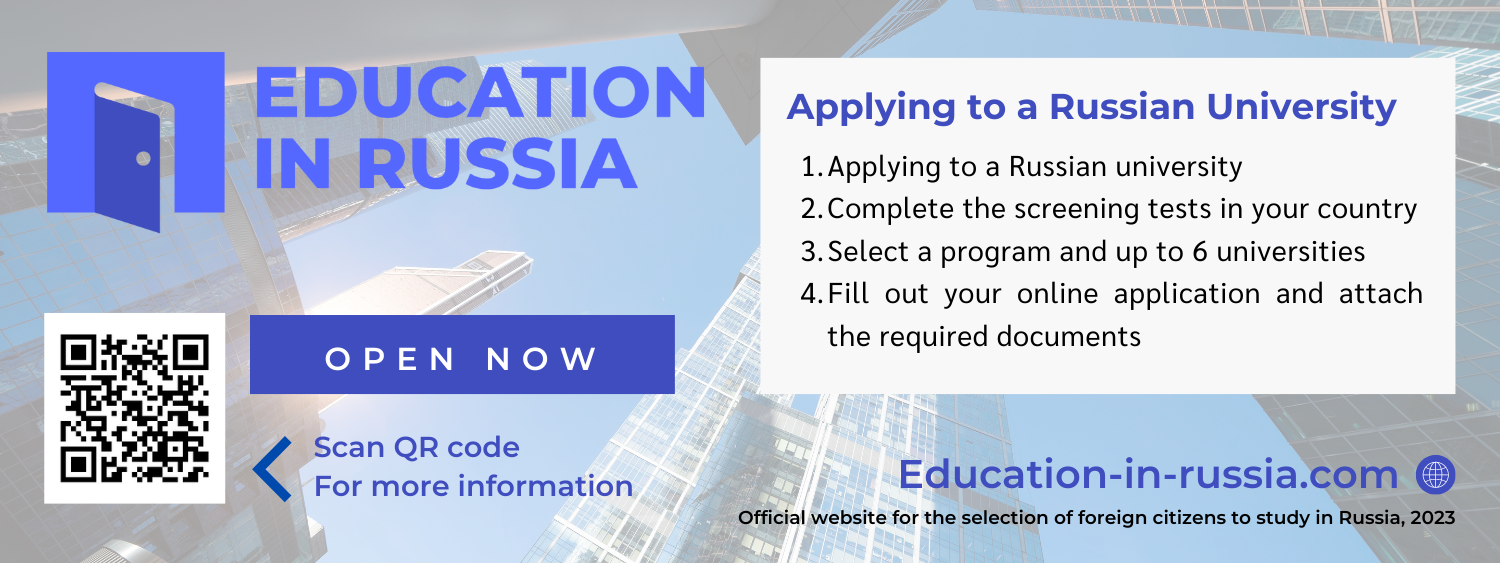
The Embassy of the Russian Federation in the Kingdom of Thailand has officially announced that they will be offering scholarships to foreign students, including those from Thailand, for the upcoming academic year 2024-2025.
These scholarships aim to provide opportunities for international students to pursue their studies in Russia. Interested students from Thailand are encouraged to explore the available scholarship programs and apply accordingly. Further details and specific application procedures can be obtained from the Embassy of the Russian Federation in the Kingdom of Thailand or their official website.
URL Website >> https://education-in-russia.com
Download Documents >> Click
Programs
The Russian education system is a multistage process that encourages lifelong learning. This system includes compulsory general education (kindergartens and schools) and professional education (colleges, technical schools, and universities). In turn, professional education is divided into secondary and higher education. Professional development and retraining programs are considered the final educational stage.
Main programs (474 universities)
| Education level | Area of education |
|
Secondary vocational education Bachelor’s and specialist’s degrees Master’s degree Postgraduate program Assistant internship Naval, Military, and Other Post-Graduate Studies (Adjunct) Residency Additional Vocational Training Second higher education |
Agriculture and Agricultural Sciences Art and Culture Education and Pedagogical Sciences Engineering, Technology and Technical Sciences Healthcare and Medical Sciences Humanities Mathematics and Natural Sciences Military Command |
Additional programs (80 universities)
| Additional programs | Length of educational program |
|
Fall Semester Spring Semester Summer School Winter School |
Less than a month 1-3 months 3-6 months 12 months More than 12 months |
Applying to a Russian University
- Select a program and up to 6 universities
- Fill out your online application and attach the required documents
- Complete the screening tests in your country
- Receive an invitation to study and a study visa
Learning Russian
- Preparatory courses
International students must complete a preparatory course before they can begin their chosen bachelor’s or master’s program. These courses are intended to help foreigners achieve a level of proficiency in Russian that is sufficient for studying at any Russian university.
URL: https://education-in-russia.com/education-in-russia/choice-of-profession/preparatory-faculties
- Summer and winter schools
Summer and winter schools offer students the chance to mix study with fun at well-known universities throughout the country. These courses allow you to improve your Russian skills while getting a taste of student life and meeting young people from around the world.
URL: https://education-in-russia.com/education-in-russia/choice-of-profession/summer-and-winter-schools
- Russian language courses
Russian is one of the most rewarding languages a student can learn. It is spoken by more than 200 million people around the world and is considered a second mother tongue for most of Eastern Europe and the CIS. Employees who can speak Russian are in high demand on the job market, and can often find prestigious jobs in many business sectors and international organizations. Russian is also one of the official languages of the United Nations (UN). You can study Russian by participating in a preparatory pre-university course, special language course, winter or summer school, or language club also study the language remotely (online).
URL: https://education-in-russia.com/education-in-russia/choice-of-profession/russian-language-courses
- Russian language certificate
International students can take the state-recognized international Russian language proficiency exam, TRKI/TORFL (Test of Russian as a Foreign Language). Not all universities will require applicants to submit a TORFL certificate, but it may be considered a significant advantage. In addition, this certificate may come in handy when applying for a job in the future.
Levels of Russian language proficiency
The examination system is divided into six certified levels of Russian language proficiency. However, certificates are only offered to students who achieve a B1 or higher.
|
1. A1 (TEU/Elementary level): the most basic knowledge of Russian sufficient for daily life. The applicant can read the Cyrillic alphabet, say hello and goodbye, and ask basic questions. 2. A2 (TBU/Basic level): the applicant is able to communicate successfully in a store, cafe, or on the street, and can maintain a conversation on a limited range of everyday topics. This level is required when applying for Russian citizenship. 3. B1 (TRKI-I / first certification level): with this level, you can enroll at a university or get a job that does not require lengthy negotiations.
|
4. B2 (TRKI-II / second level): quite fluent; the applicant can understand native speakers speaking quickly, write in different styles, and maintain a conversation about both everyday and highly specialized topics. This level is given to foreign graduates after completing their bachelor’s and master’s programs. 5. C1 (TRKI-III/Level III): the applicant is able to use the Russian language effectively in both domestic and professional spheres. With this certificate, a person can be hired for jobs requiring fluent Russian, such as a newspaper journalist. 6. C2 (TRKI-IV / Level IV): language proficiency at the native speaker level |
URL: https://education-in-russia.com/education-in-russia/choice-of-profession/certification-in-russian
User Guide
Scan the QR Code for more information.
|
Application process instructions (EN) |

Instructions for passing testing with proctoring (Russian) |
URL: https://education-in-russia.com/help/user-guide


